Dhaka, Sep 04 (V7N) - In the final hours of her leadership, Sheikh Hasina made desperate attempts to cling to power through force and additional violence. Before her departure from the country, she pressured high-ranking officials from various state agencies from around 10:30 AM on Monday for nearly an hour. Despite the situation being evidently out of control, she was unwilling to accept this reality. After discussions with her family members, she eventually agreed to step down. Following her resignation, she swiftly left the country with her sister Sheikh Rehana aboard a military helicopter.
According to various sources, Sheikh Hasina's last four hours in office unfolded as follows. She reached Delhi via Agartala in Tripura, India, and might travel to the United Kingdom from there.
Despite the widespread violence and casualties caused by armed supporters of her party across the nation on Sunday, Sheikh Hasina was unable to manage the protests by students and the public. Although an adviser and several party leaders suggested she transfer power to the military that night, she refused. Instead, she ordered stricter curfews starting Monday. Despite the curfew enforcement beginning early in the morning, protesters started defying it and gathering in various locations by 9 AM. By 10 AM, the protests in Dhaka had grown significantly.
Around 10:30 AM, high-ranking officials from the three armed forces and the Inspector General of Police (IGP) were summoned to the Prime Minister's residence, Ganabhaban. Sheikh Hasina expressed frustration over why the security forces could not control the situation, even though protesters were defacing and climbing military vehicles. She also criticized the officials she had appointed.
At one point, she remarked that the police were doing well. The IGP responded that the situation had escalated beyond what the police could manage for long.
Officials attempted to explain that the situation could not be controlled through force alone, but Sheikh Hasina was not willing to accept this. The officials then consulted with Sheikh Rehana, asking her to persuade Sheikh Hasina. After talking with her sister, Sheikh Rehana managed to convince Sheikh Hasina to resign. Sheikh Hasina then wished to record a speech for the nation.
She left the country in a military helicopter with her sister Rehana.
By this time, intelligence reports indicated that large groups of students and protesters were heading towards Ganabhaban from Shahbagh and Uttara. Given the distance, it was estimated they could arrive within 45 minutes. To avoid being caught in the situation, Sheikh Hasina was given 45 minutes to record her speech.
She and her sister then went to the old Tejgaon airport helipad, loaded some luggage, and completed the resignation formalities at Bangabhaban. By around 2:30 PM, they departed for India in a military helicopter.
It is reported that the helicopter flew briefly after entering Indian airspace before landing at a BSF helipad in Agartala. They then traveled to Delhi, according to Indian media.
India Today reported that Sheikh Hasina landed at the Hindon Airbase near Ghaziabad, Uttar Pradesh, at 5:36 PM local time, where she was greeted by an Indian Army officer. She may proceed to London from there.
Sheikh Hasina, President of the Awami League, had sworn in as Prime Minister for the fourth consecutive time on January 11 this year. She first served as Prime Minister following the seventh National Parliament elections in 1996. After the BNP won the 2001 elections, the Awami League went into opposition, and Sheikh Hasina became the Leader of the Opposition.
She returned as Prime Minister in the 2008 national elections under a caretaker government. Five years later, in 2014, she conducted a one-sided election resulting in 153 unopposed MPs. The opposition did not participate, and Sheikh Hasina and her coalition formed the government. In 2018, she became Prime Minister again through a controversial election, known for ballot-stuffing and termed the "Night Vote." This year, she secured the Prime Minister's position again through the 12th National Parliament elections, marked by opposition boycott and only party-backed candidates, termed a "dummy election" by critics. Seven months later, facing student protests and public pressure, she resigned and fled the country by helicopter.
END/SAI/SMA/



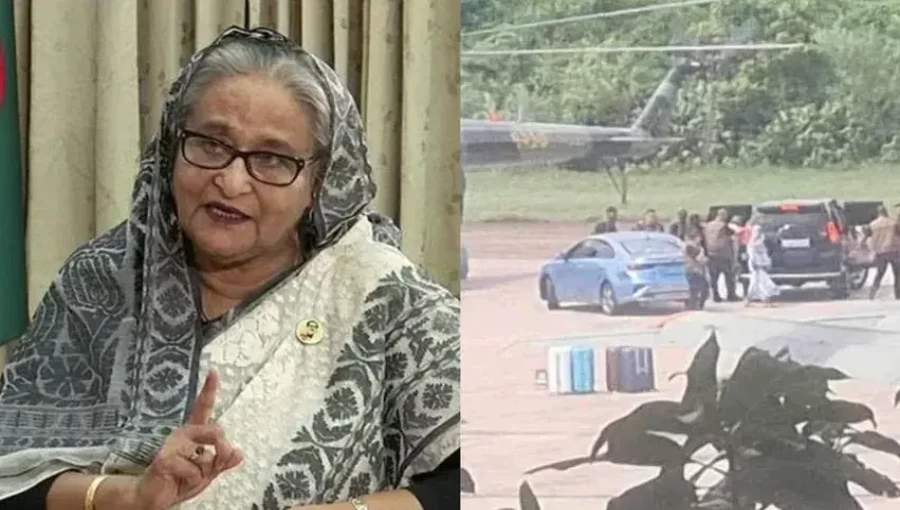
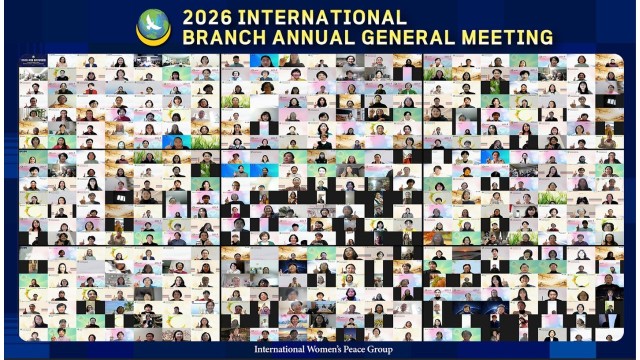






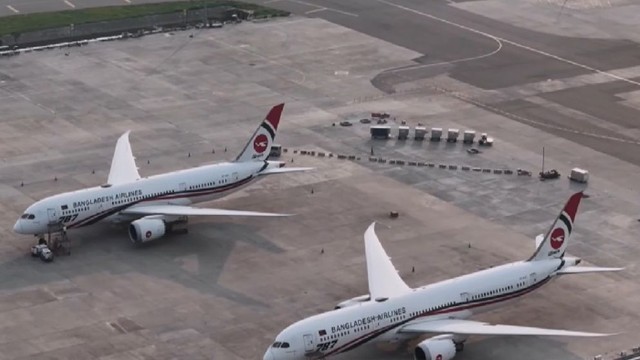
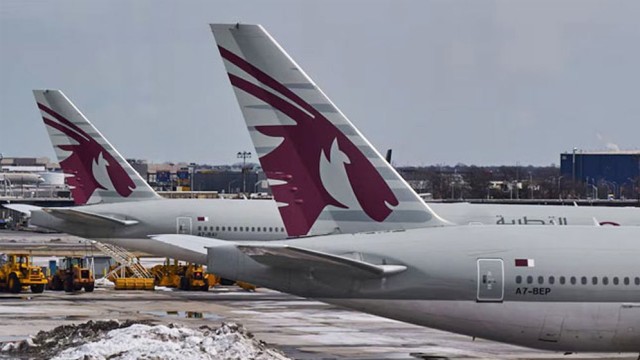
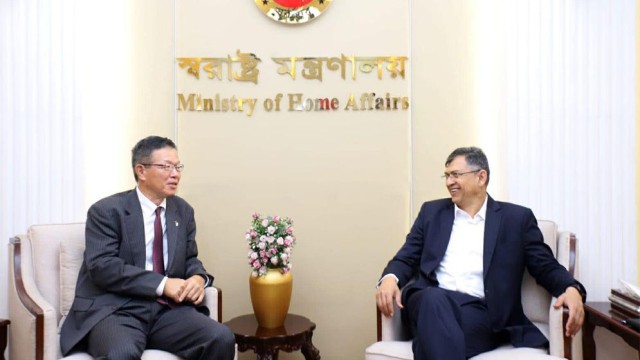
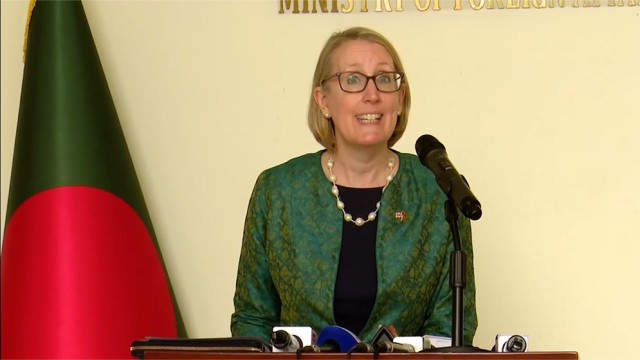
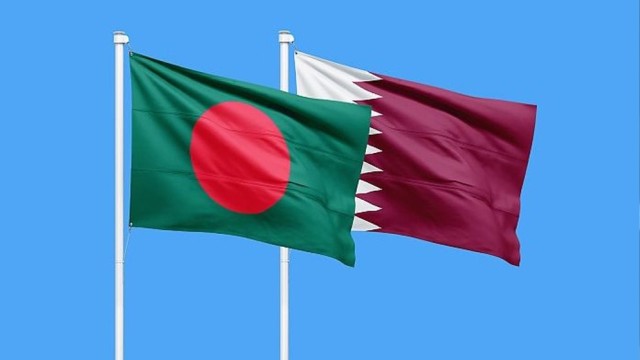

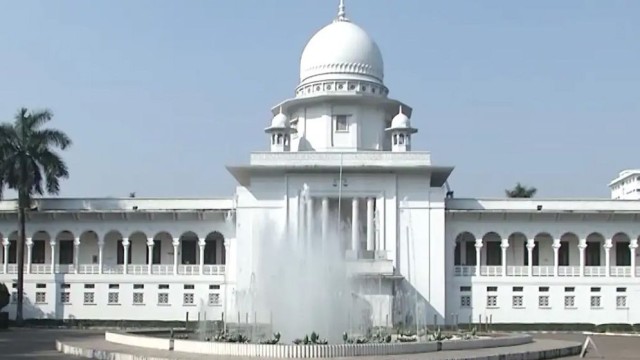

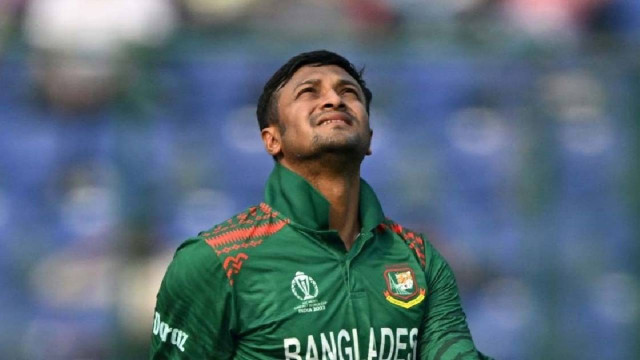











Comment: